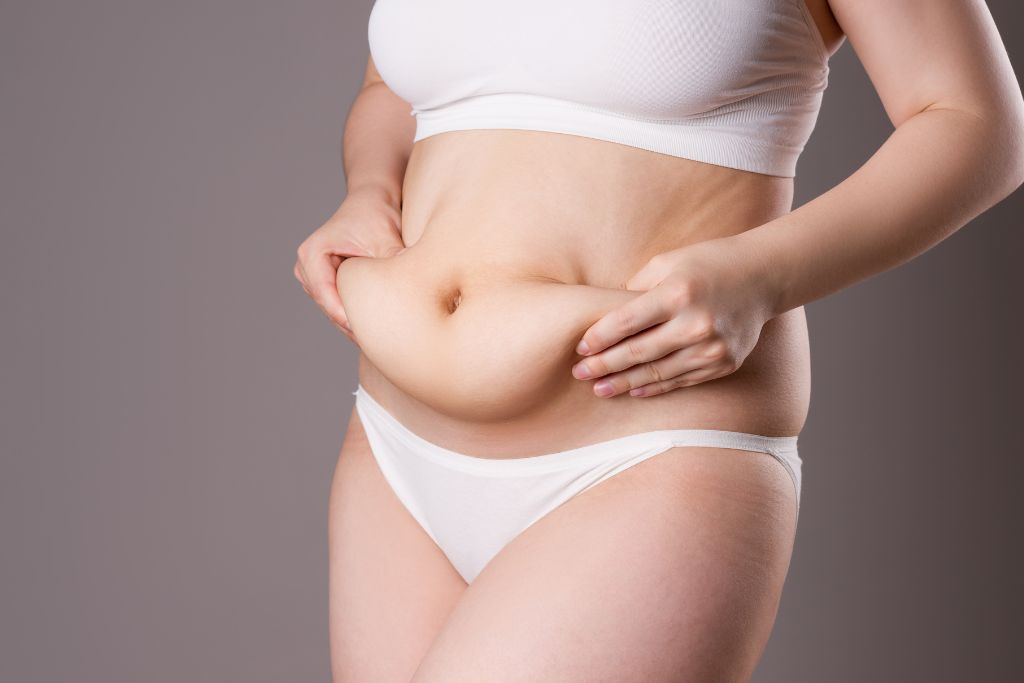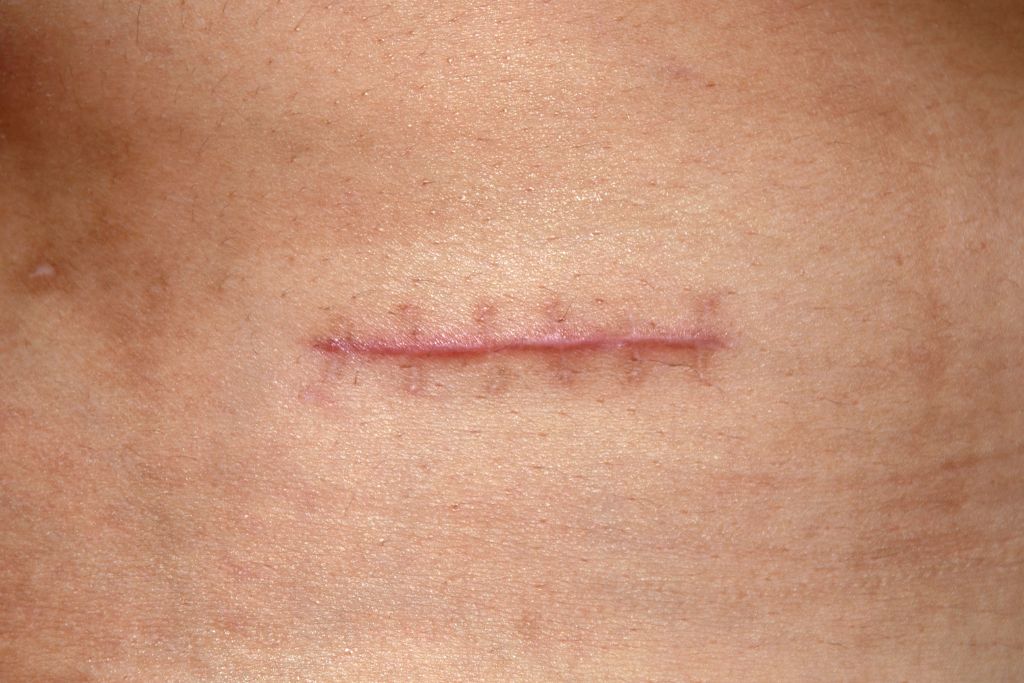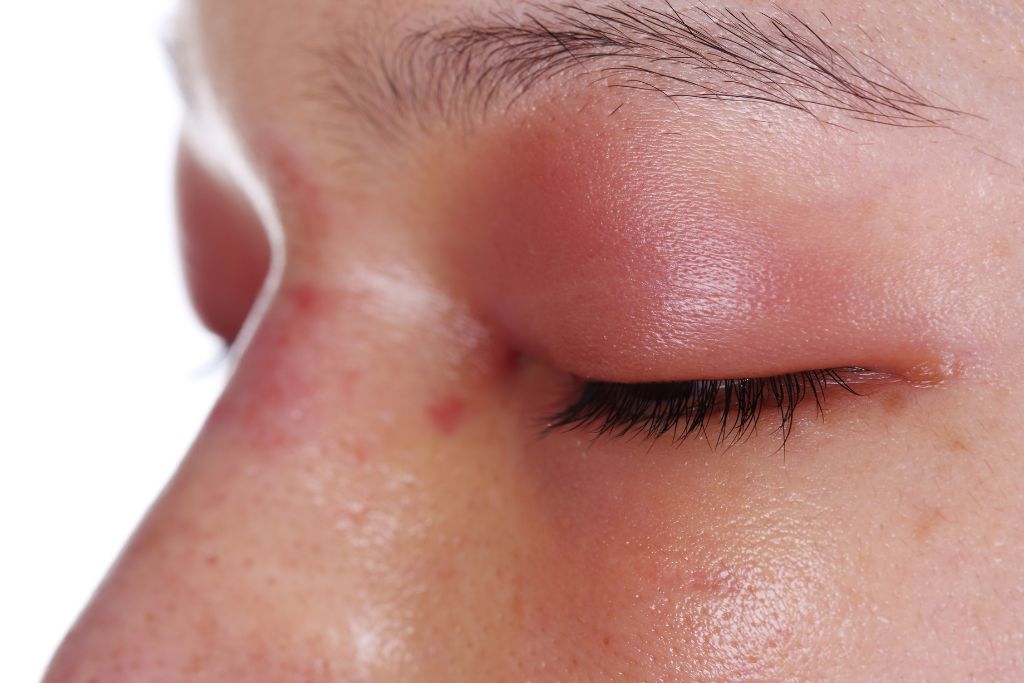There is not much scientific consensus on whether or not belly fat comes back after a tummy tuck surgery. Some people have had good results, while others have had negative results. A lot of factors, such as body composition, activity level, eating habits, and sleep patterns, will all play a role in how well someone responds to a tummy tuck surgery. If you are thinking about getting a tummy tuck, you may be wondering if your belly fat will come back after the surgery. Luckily, there are a number of things you can do to help prevent this from happening.
Weight gain after a tummy tuck
A tummy tuck is a surgery that removes excess skin and fat around the abdominal area. It can help you achieve a slimmer profile and better self-confidence. Nevertheless, weight gain after a tummy tuck can be a concern. The best way to prevent weight gain after a tummy puck is to keep your body in check.
Weight gain can be caused by stress, hormone imbalances, and other factors. These factors can all affect your ability to lose weight. If you are suffering from any of these health conditions, you should talk to your doctor before considering a tummy tuck.

There are many ways to prevent weight gain after a tummy lift. You should eat a healthy diet and get regular exercise. Both of these lifestyle changes can help you maintain your body’s weight and shape.
Scarring
A tummy tuck is a cosmetic surgery that can help you achieve a tight, flat abdomen. It helps remove stubborn fat and loose skin and restores muscles. However, it will leave you with a scar.
The length and type of scar you have will depend on a number of factors. This includes your age, body type, genetics, and overall health. Choosing a skilled plastic surgeon will go a long way toward achieving the results you want.

Tummy tuck scars are commonly brown or pink in color. This is because of the increased blood supply in the wound. These colors will begin to fade as the wound heals.
If you have a tummy tuck, you may wonder how long it will take for the scars to disappear. Some scars may be quite noticeable right after the procedure, while others may be completely gone after a year.
Swelling
Swelling after a tummy tuck is a normal part of the recovery process. However, a few simple steps can help minimize the swelling. In addition, a good night’s sleep can help the body recover faster.
Wearing a compression garment is a great way to reduce swelling. This helps limit the fluid buildup in the body and can also reduce bruising. It’s also important to make sure that you keep your drains clean. You’ll want to empty them every hour and clean them twice a day.

To reduce bloating, drink plenty of water. Also, eat a low-sodium diet. Avoid fast foods, as they tend to have a high sodium content. These may also contribute to a swollen belly.
Following your surgeon’s instructions is the key to a successful recovery. He or she will likely recommend medication to reduce the pain and swelling.
Getting back to activities
If you have undergone a tummy tuck, you may be looking forward to getting back to exercising. However, you need to start slowly to avoid injury.
You should not do any strenuous exercise or activities for the first 12 weeks. This is because surgical incisions need time to heal. You should consult your doctor about the proper timing for your recovery.

The best exercises to start with after tummy tuck surgery include walking and low-impact aerobics. These activities help improve blood circulation in the body and reduce inflammation. As a bonus, they are very rewarding and a great way to get moving again.
After a week or so, you can gradually increase your distances. Try to walk at least two miles twice a day. Once you are able to do this, you can begin to add some light weights.
Avoiding processed foods
During your tummy tuck recovery, you should eat a healthy diet to promote healing and avoid complications. A nutritious diet includes fruits, vegetables, and lean sources of protein. Avoid processed and refined sugars and trans fats. Your doctor will be able to recommend a good diet for your specific needs.
It is also important to get plenty of rest. You may not be able to do household chores or work out. However, you should plan ahead to maximize your rest.

Drink lots of fluids and make sure you take electrolyte supplements. The postoperative period is not the time to drink alcohol. Alcohol slows the healing process and causes complications.
Eat foods rich in vitamin C. This helps reduce inflammation. Vitamin C also speeds up the recovery of bone fractures. In addition, it strengthens connective tissues.
